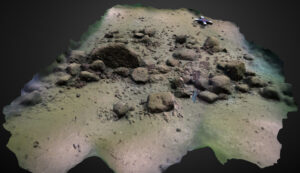Elisabeth Fritzl spent 24 years in captivity, confined to a makeshift cellar and repeatedly tortured at the hands of her own father Josef Fritzl. She was repeatedly raped, and gave birth to seven of his children. After giving birth, her father would bring the children upstairs to live with him and his wife.
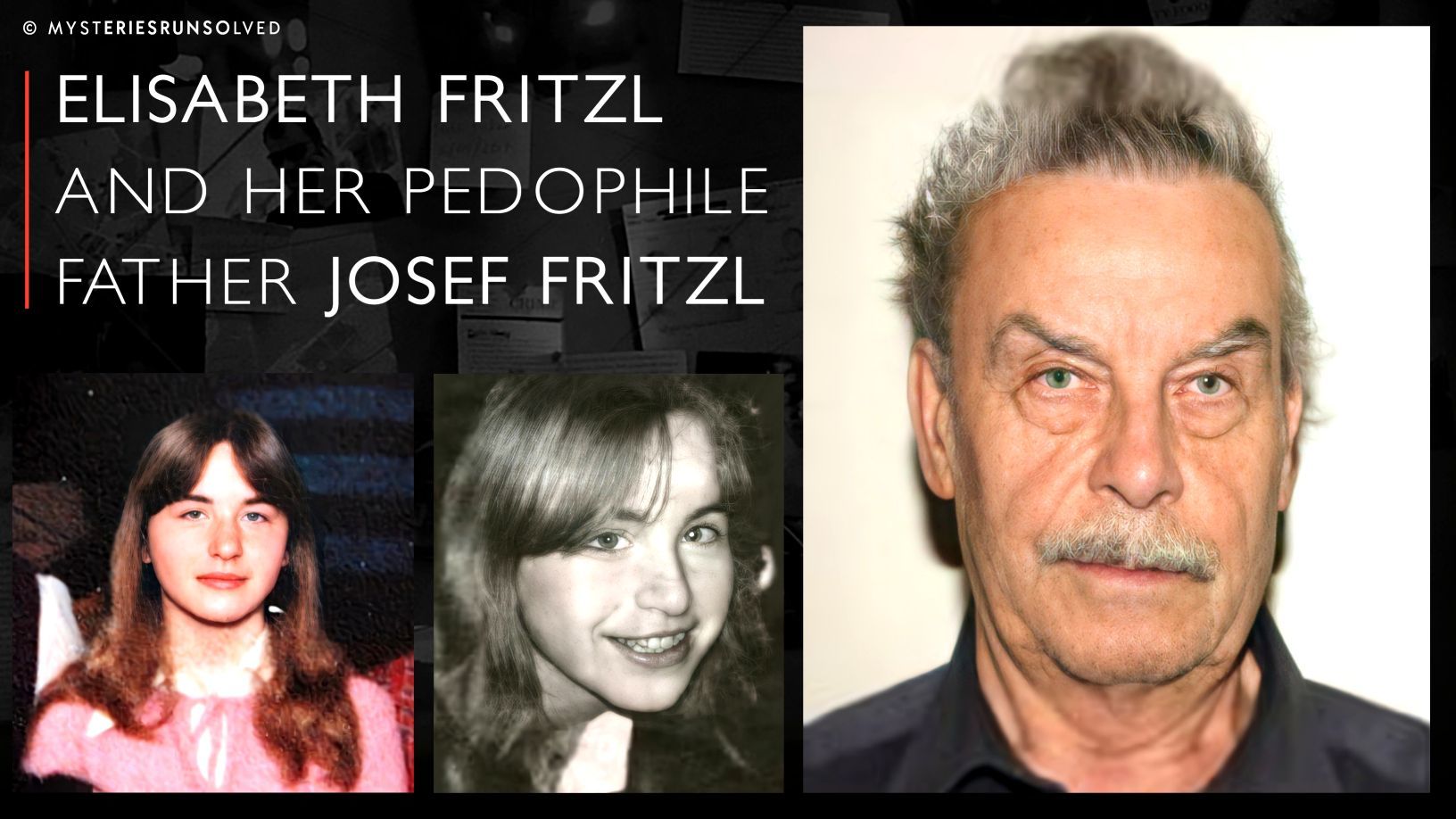
Josef Fritzl: ‘The Monster Of Amstetten’
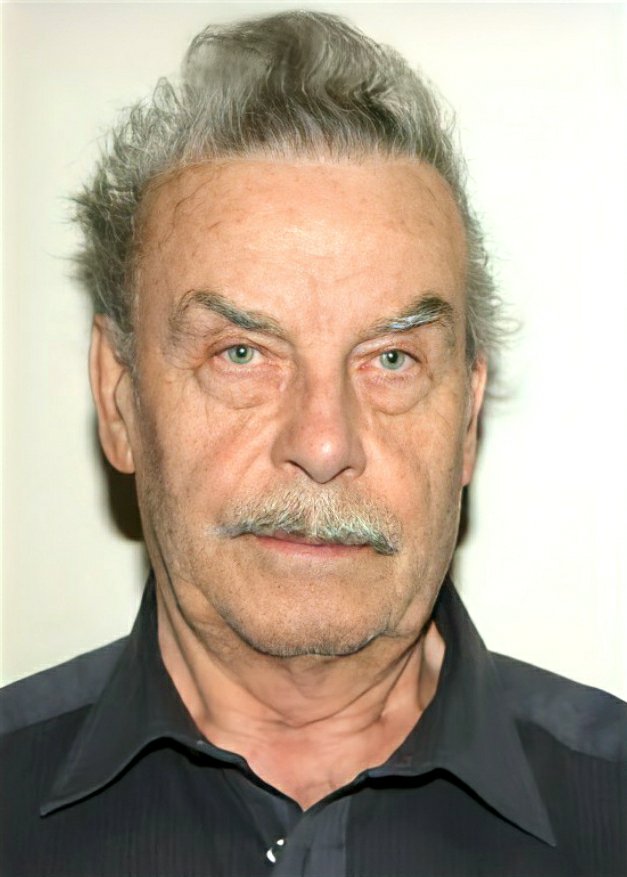
How is it possible that for twenty-four years no one noticed what was happening under the foundations of Josef Fritzl’s house in the small Austrian town of Amstetten? Not even his own wife, Rosemarie, ever suspected that her charming husband was keeping a secret: he had kidnapped his own daughter, who he sexually abused and with whom he had had seven children. As fate would have it, one of the daughters – actually a granddaughter – of the pedophile, Kerstin, 19, had to go to the hospital suffering from a rare disease.
During the medical examination, the specialists found in one of her pockets a note in which she told her story and asked for help. The doctors, puzzled, asked to speak to his mother, Elisabeth. Then the lie exploded and the truth came out. One of her neighbours was a real “monster”.
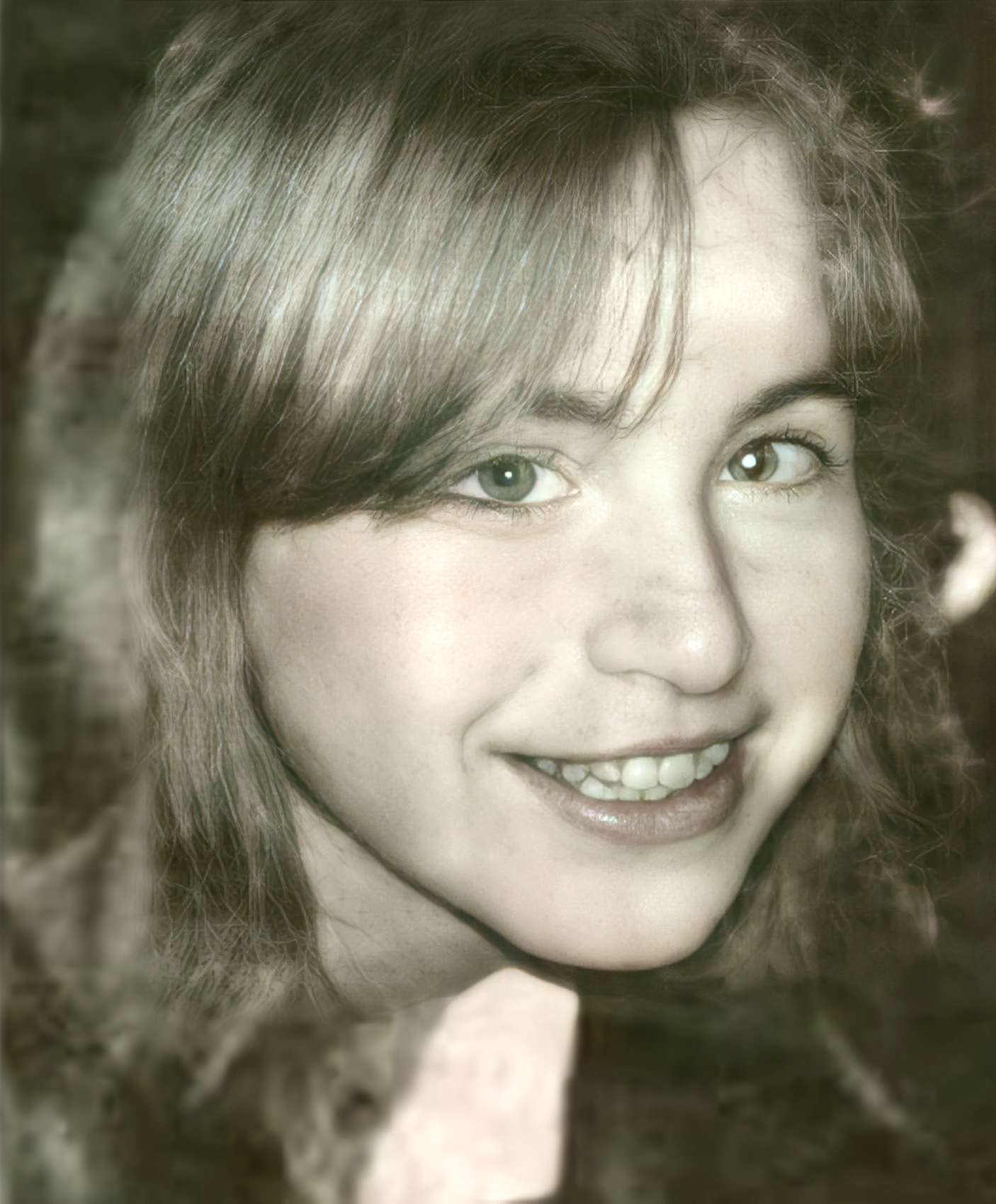
When the media from half the world echoed the news, a wave of consternation invaded public opinion. What kind of “monster” was capable of doing such a thing?
That nickname went through all the newspapers hoping to know the whole truth of a case that, today, continues to have its shadows. “The father of darkness”, as the French newspaper Le Figaro called him, had just entered the list of the most disgusting criminals in history. Knowing the statement he made to his lawyer is still shocking:
“The urge to have sex with Elisabeth grew stronger and stronger.”
He knew Elisabeth didn’t want him to do that to her. He knew he was hurting her. But finally, the urge to be able to taste the forbidden fruit was too strong. It was like an addiction.
Fritzl’s Toxic Relationship With His Mother
Amstetten (Austria) was the city where Josef Fritzl was born, raised and committed the most macabre aberrations. Since April 9, 1935, this small town witnessed how its childhood turned into hell. According to his own testimony, Fritzl – abandoned by his father when he was four years old – suffered all kinds of mistreatment and physical abuse by his mother, whom in his old age he also locked up as revenge. That childish martyrdom, caused in part by being the only offspring of the family, led both to build a stormy relationship of love and hate.
Thanks to some of the psychiatric reports prepared for the trial, we learned that Fritzl feared his mother more than anything in the world. The continuous insults that she gave him – “Satan, useless and criminal” – and the absurd prohibitions to which she subjected him – he could not practice sports or have friends, for example – led young Josef to develop a cold and violent personality under a calm and collected appearance. In fact, he went to school and was a good student.
He studied mechanics and electronic technology, the primary basis for turning the basement of his house into a den where he would secretly lock up his daughter Elisabeth years later. He also worked as an electrician, a director of a company that manufactured concrete, and as a representative of a Danish concrete pipe construction factory. He lived in Luxembourg and Ghana, and married Rosemarie, with whom he had seven children, including Elisabeth. He retired when he was sixty years old.
But before the kidnapping and sexual abuse of his daughter Elisabeth for more than two decades, Fritzl had practised with her mother. During lengthy conversations with his psychiatrist, Adelheid Kastner, the Austrian confessed to having fully repaid the mistreatment to which he had been subjected by his mother. He went from being a victim to an executioner, harassing her until she died in 1980.
The modus operandi was the same as with Elisabeth but on the upper floor of the house. There he locked her up, bricked up the windows, and became her jailer. Some Austrian media claim that this situation lasted for more than twenty years, but it is only a theory based on the sometimes incoherent testimony of the accused. During this period, Fritzl only remembered that as a child his mother beat him and kicked him – “until I fell to the ground and bled.” He had taken his particular vendetta to the extreme.
However, this sexual and violent behaviour was manifested in the late 1960s, when he was accused of raping a woman. The opposite sex was being the perfect target to counter all the humiliations that his mother subjected him to. He once said to his psychiatrist during one of the sessions:
“I was born for rape and, despite this, I still held back for a long time.”
Two Decades Living Underground
In April 2008, nineteen-year-old Kerstin was admitted to hospital for a series of serious ailments caused by a rare disease. She is accompanied by her grandfather, Josef Fritzl. She remains unconscious due to the severity of her condition. During the examination, doctors find a distress note in one of the girl’s clothing pockets.
They proceed to search for her medical history without success. They decide to ask her companion, who is precisely her abductor. They insist on seeing the mother and, when Fritzl refuses, they call the police. The authorities appear at the home of the pedophile and, with his help, go down to the perfectly sealed basement and with great security measures. There they meet Elisabeth, forty-two years old.
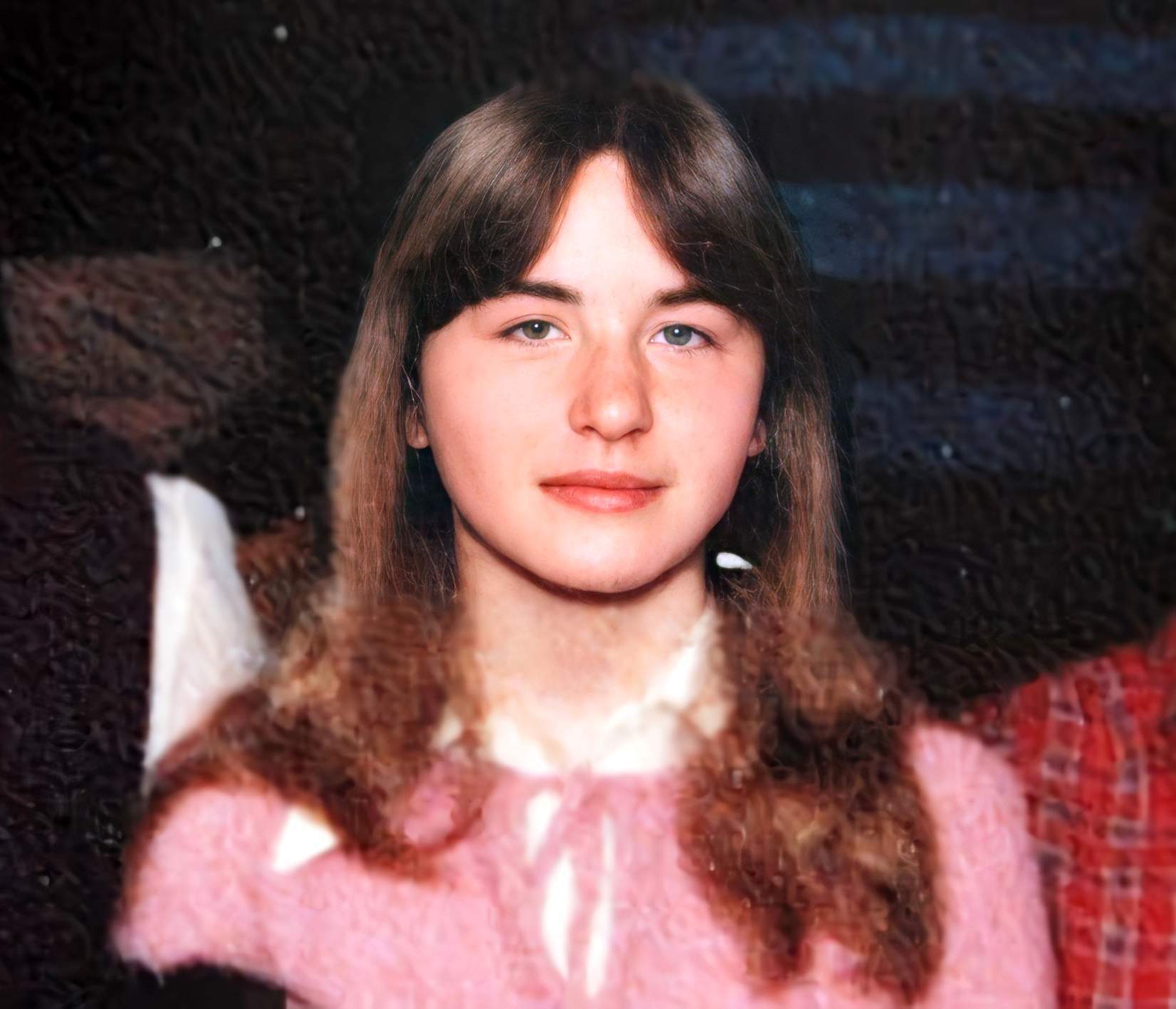
In her first statements, the young woman explains that she has been locked up underground since August 1984 and that her father has abused her since she was eleven. Eight years of rape helped Fritzl decide to sedate her, tie her up and lock her up in the den he had built under the foundations of his house. All this without the knowledge of his wife Rosemarie!
From 1977, beatings and rapes were Elisabeth’s routine, until this routine changed with her confinement. The first two days he kept her handcuffed and for the next nine months, he kept her tied up to prevent her from escaping. Not content with this, he confined her to a single room for nine years – then built more rooms in the basement – and there he systematically raped her.
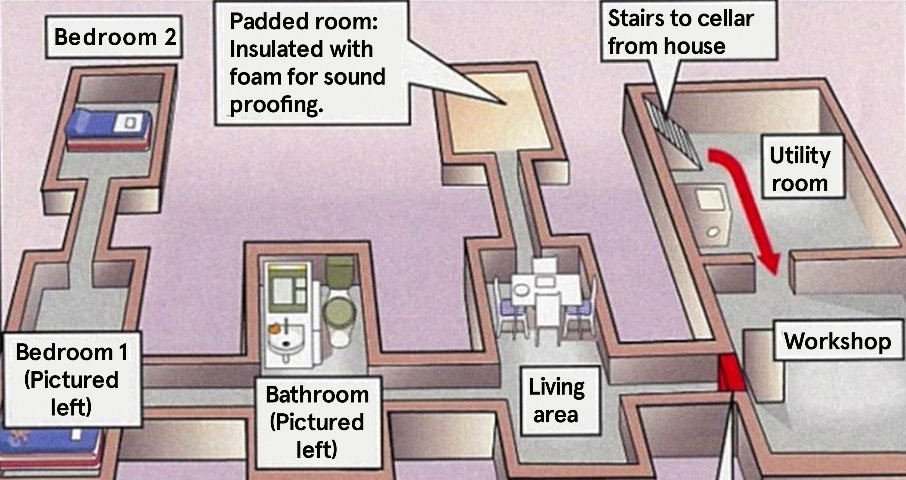
From the multiple sexual encounters, Elisabeth gave birth to seven children who were witnesses to those aberrations. Three of them, Kerstin, 19, Stephen, 18, and Felix, 5, stayed with their mother underground; three more, Lisa, 15, Monika, 14, and Alexander, 13, lived with Josef and his wife in the house; the seventh died on the third day of life and was cremated.
What is striking about the case is how three of those children have had an apparently normal life with their father (grandfather) and that Rosemarie did not suspect anything! The answer is found in the version given by Fritzl. For both the police and the kidnapper, Elisabeth had run away of her own accord. It had been the second time she had tried it and this time she had succeeded. Hence her mother did not keep looking.
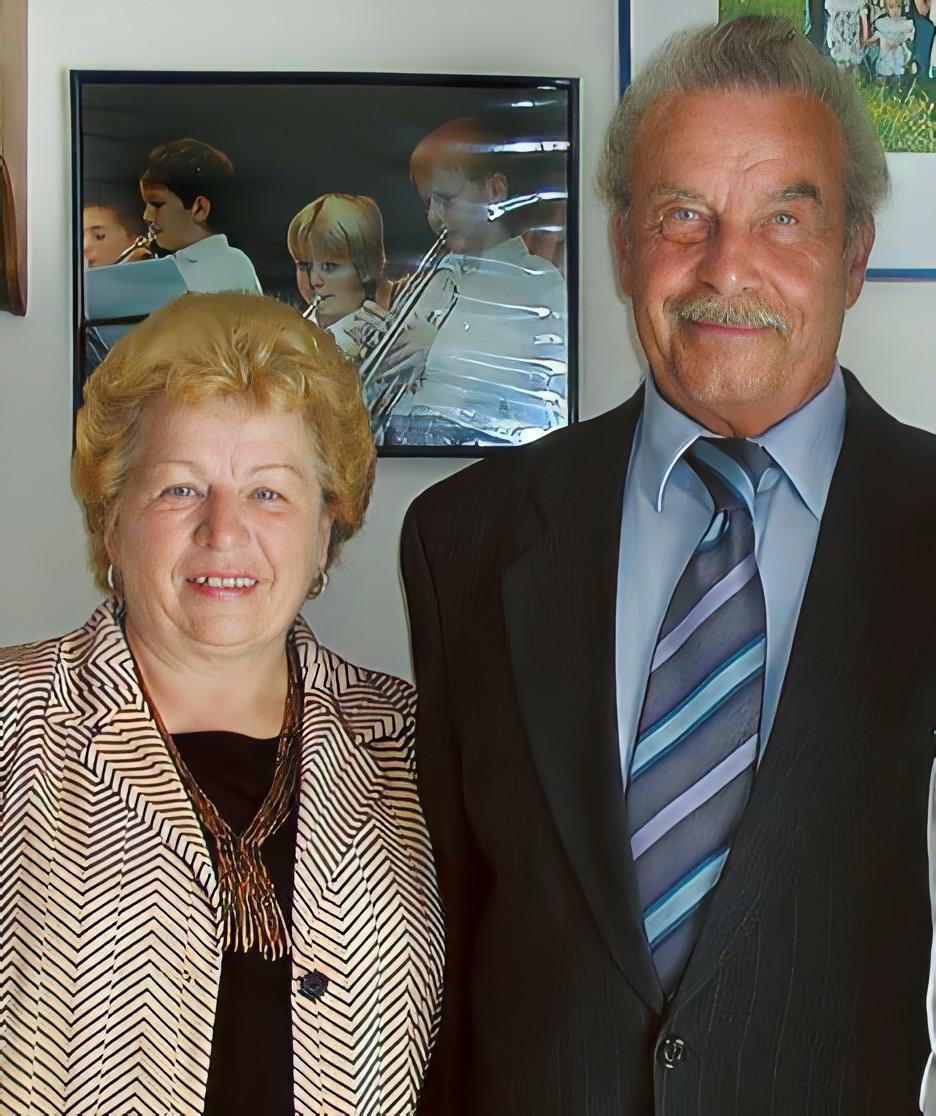
The letters that the girl had to write to Rosemarie forced by Fritzl also helped. It was a way to keep her from being suspicious. In the first, she confessed the reason for her flight; and in the following, Rosemarie asked her to take care of her children, whom she could not support.
However, the Austrian pedophile never left a loose fringe in all this history. The letters showed that his daughter was still alive and that he did not want to have any relationship with the family. In addition, Fritzl threw more wood on the fire assuring that it was all the fault of a sect that had captured her and that was forcing her to get rid of her babies.
When the police investigated the story, they thought that Fritzl had one or more accomplices. However, this theory fell apart as the evidence was compiled. The pedophile enjoyed a good economic position, which allowed him to have several properties in his name and total freedom of movement. He was also a respected member of the community, so no one could imagine the atrocities that the “monster” was committing a few meters from their homes.
The Dungeon Of Horrors
When the bomb went off, the social impact was overwhelming. Media such as Österreich opened the front pages of their newspaper with headlines such as “All of Amstetten should be ashamed. The neighbours closed their eyes.” After all, this Austrian town has only twenty-two thousand six hundred inhabitants. However, Fritzl’s good manners managed to mislead his neighbourhood, while he built a dungeon with great security measures.
The space was 80 square meters, with a maximum height of 170 centimetres, and spanned the entire garden. To access it, he placed a 300-kilo concrete sliding door hidden behind a bookcase. It was passable by a code known only to Fritzl. The enclosure consisted of an entrance, two bedrooms of 3 square meters, a small kitchen, a bathroom and a laundry room. The only source of ventilation came from a tube.
Later Lives Of The Fritzls
Josef Fritzl was seventy-three years old when he was arrested by the Austrian authorities in 2008. Although at first he refused to testify, later he confessed the facts that were later proven. Until the day of his trial, March 16, 2009, the pedophile was subjected to various psychological and psychiatric tests. It was shown that he did not suffer from any mental disorder and that it was completely “impossible” that he was permanently under the influence of alcohol, as the defence tried to argue.
Deprivation of liberty, incest, rape, slavery and homicide were some of the charges that the Austrian had to face during his court hearing. Finally, a popular jury determined that Fritzl was guilty of the aforementioned crimes and sentenced him to life imprisonment and psychiatric internment. Four days were enough to close what many called the “trial of the century.”
Since then, he has spent his days confined in a psychiatric ward of a high-security prison on the outskirts of Vienna, where he boasts of being “famous all over the world”. He does not even feel remorse for what he did and has dedicated himself to writing love letters to his wife that she never replied. On the contrary, Rosemarie decided to divorce days after her incarceration to start a new life.
Meanwhile, Elisabeth (55 years old) and her six children-siblings (now between 16 and 30 years old) have changed their surname and live far from Amstetten under strong security measures. They are still under psychological treatment trying to adapt to society. Lately but fortunately, that “unimaginable martyrdom” came to an end.


